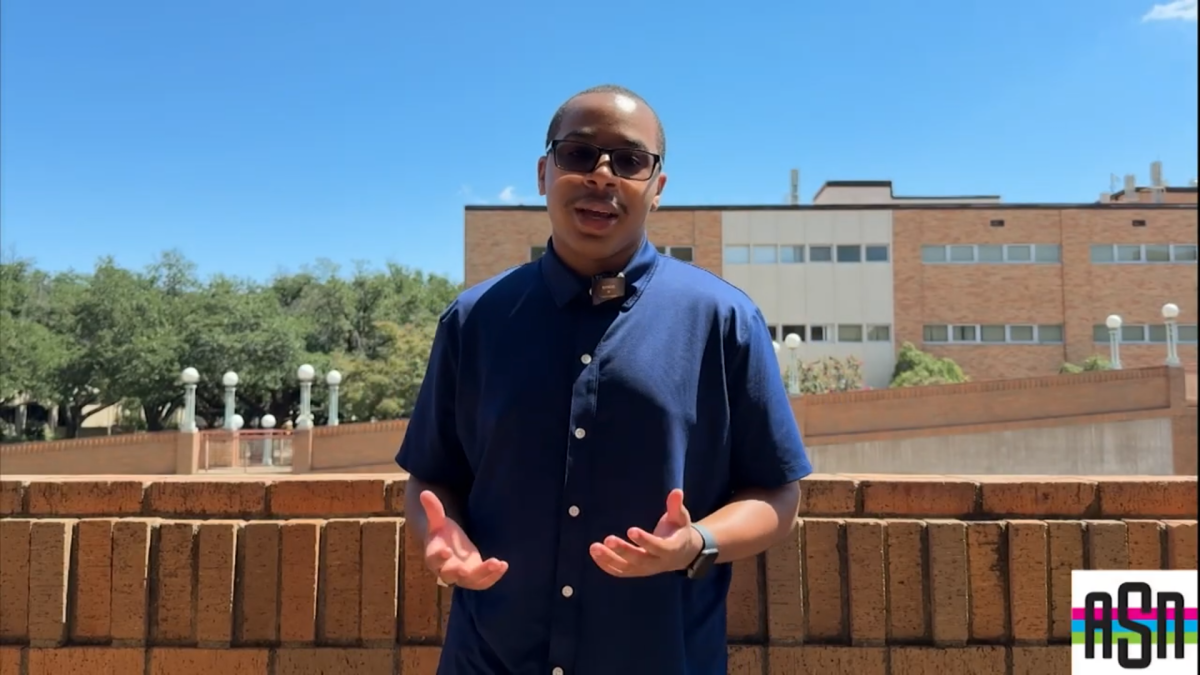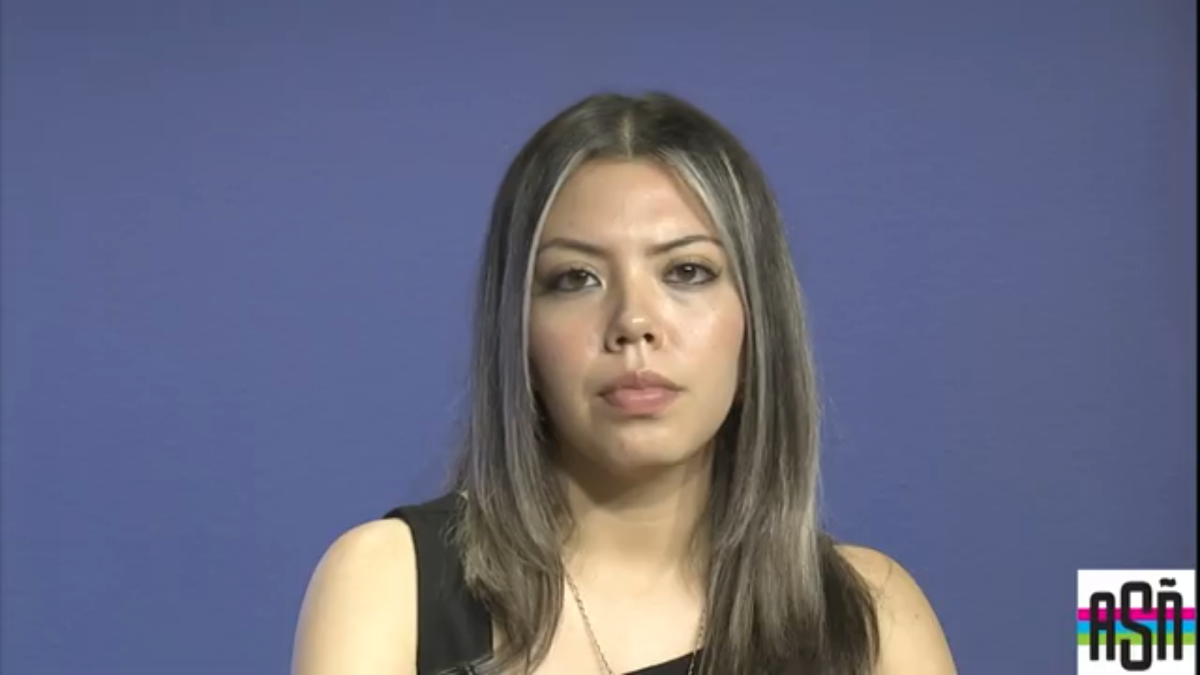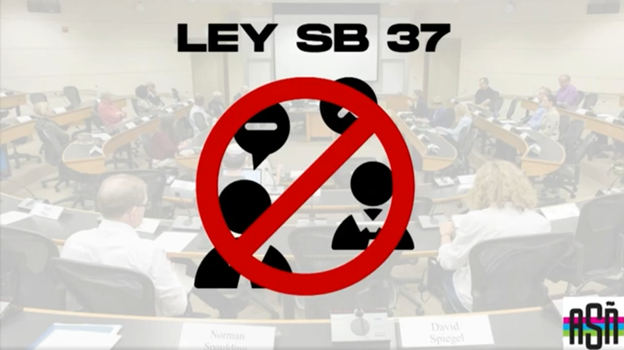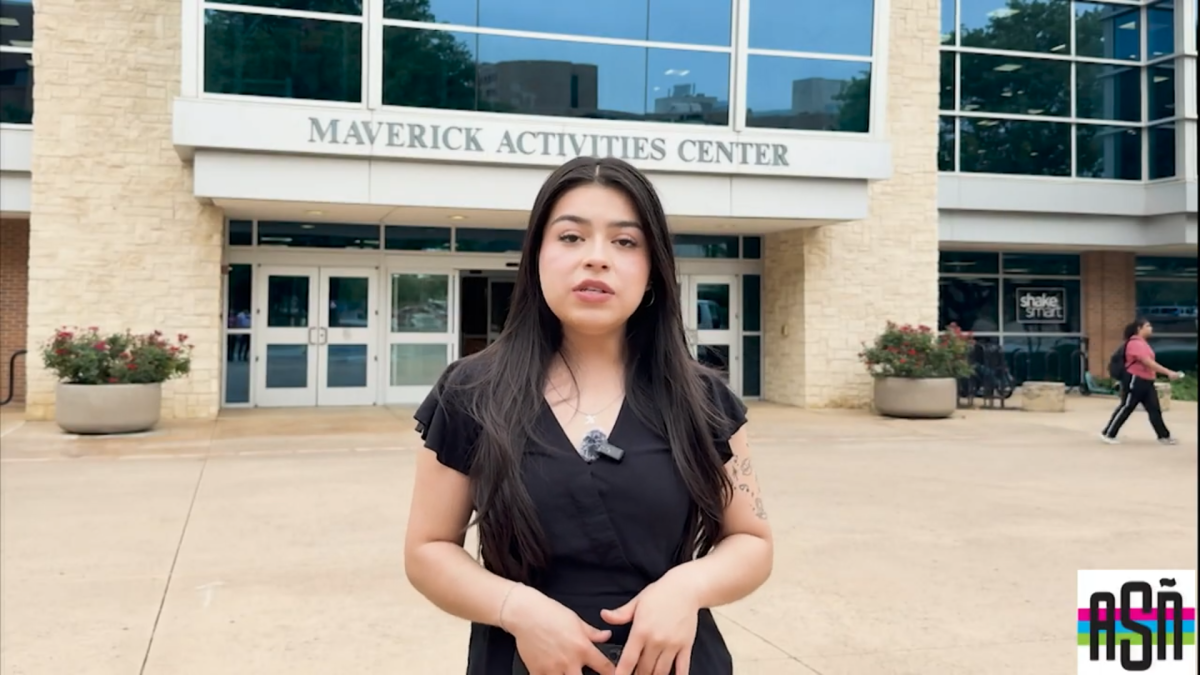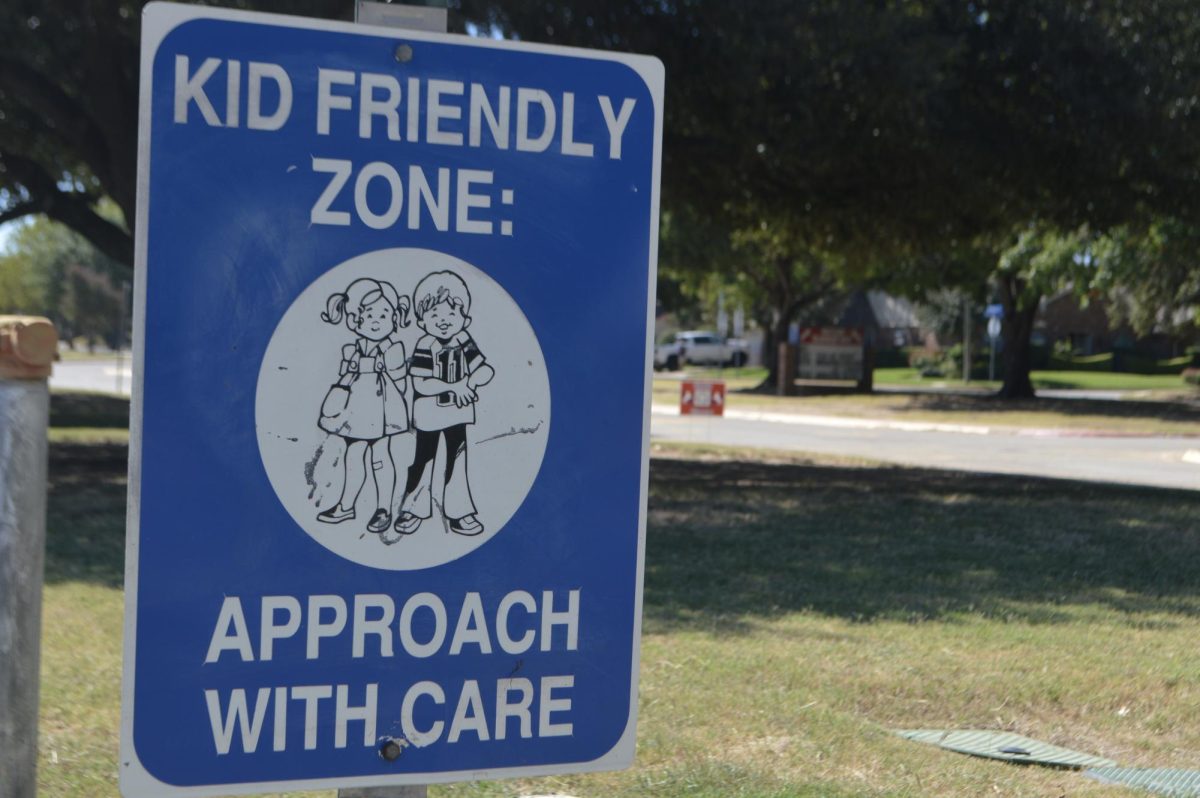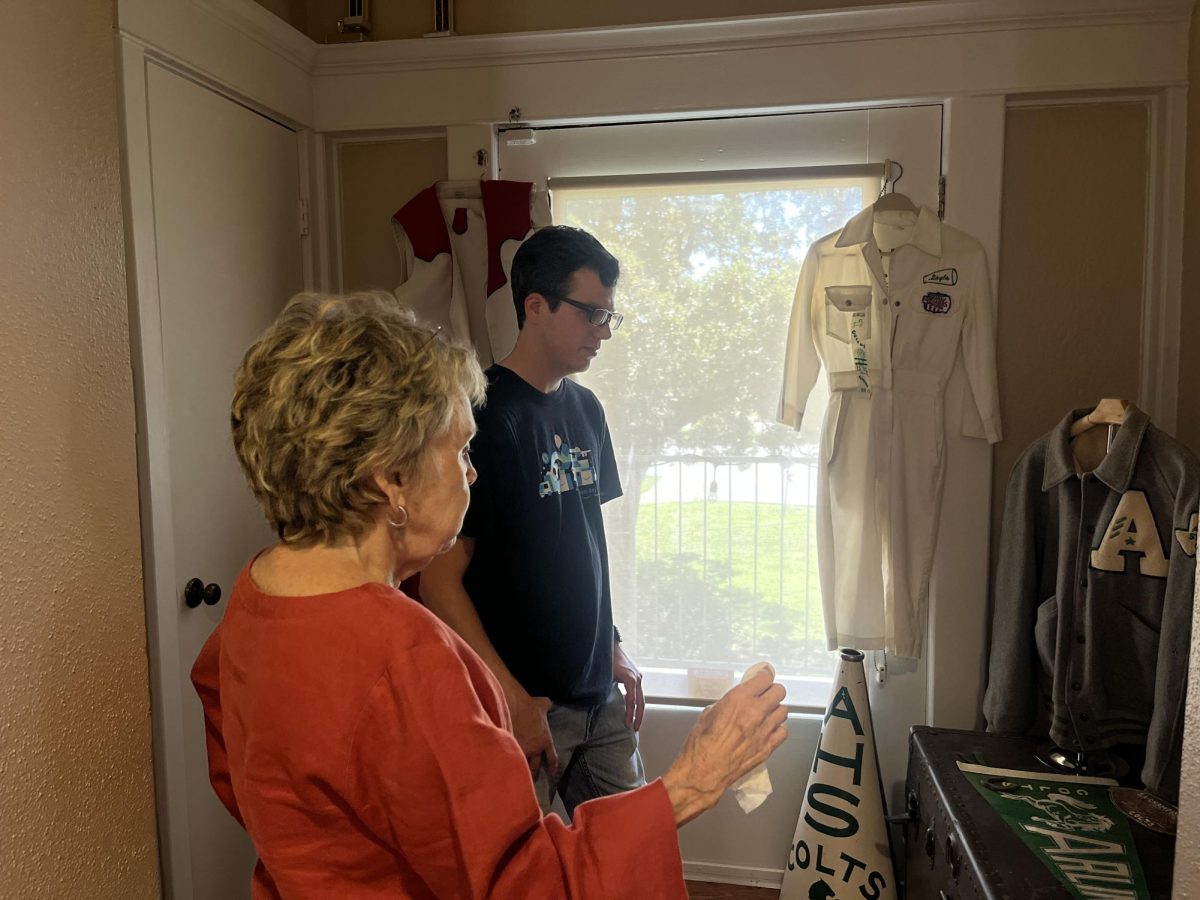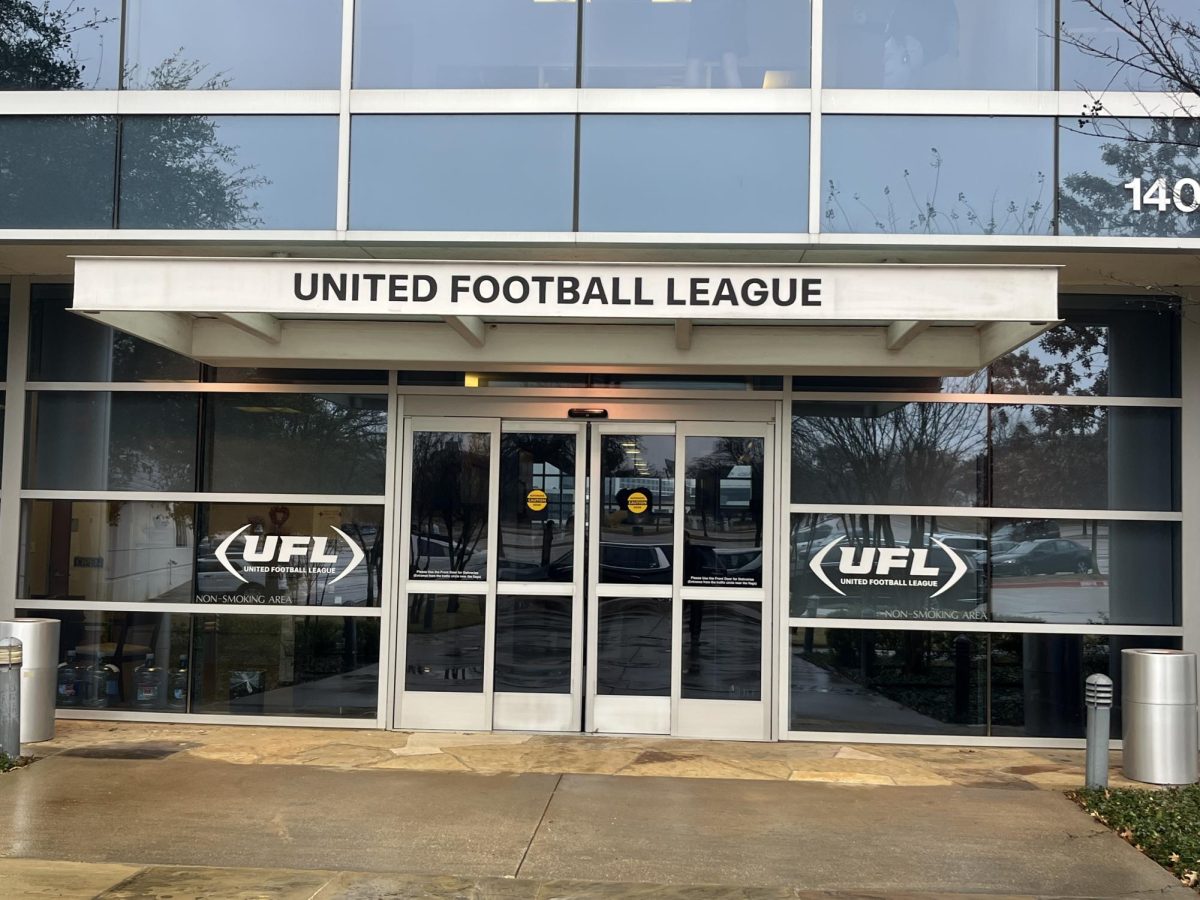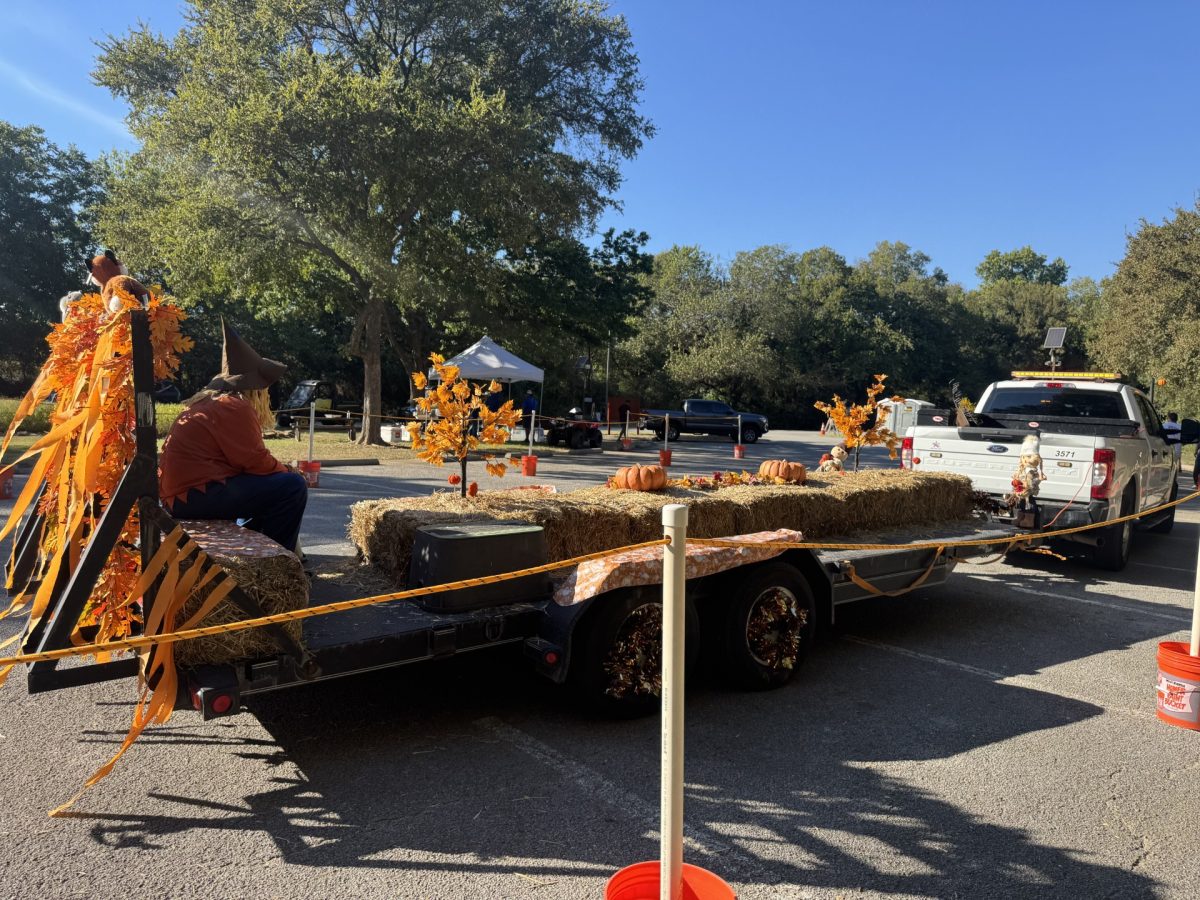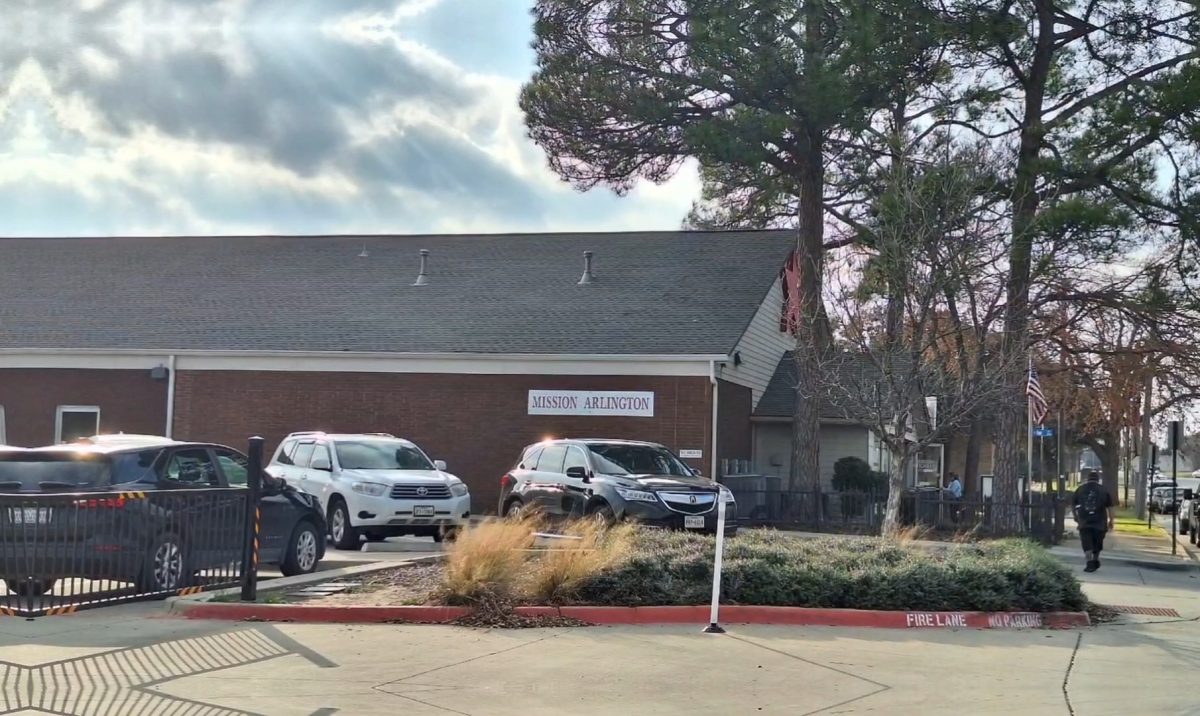ARLINGTON, Texas—A phrase once synonymous with the military, “Don’t Ask, Don’t Tell,” is taking on a new meaning deep in the heart of Texas—this time, in the classroom.
In one of the most diverse cities in Texas, the Arlington Independent School District is known for embracing diversity, celebrating identities and offering programs to all students. But in the wake of Senate Bill 12, a new Texas law that constrains students, opportunities and teachers, those same hallways have fallen silent.
Fear of termination
Teachers tread lightly in fear of termination. Student-led clubs are forced to dissolve. And children may struggle in silence, as parental consent forms block their access to counselors and nurses.
According to the ACLU of Texas, S.B. 12 mandates written parental consent for any medical or psychiatric treatment of students—including visits to the counselor or nurse—prohibits diversity, equity and inclusion activity on campuses, restricts classroom discussion on race, sexual orientation and gender identity, and bans student clubs focused on these topics.
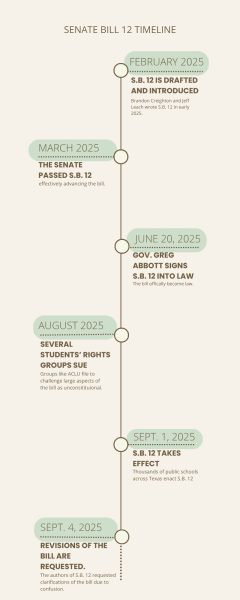
S.B. 12, along with several other new laws reshaping Texas school districts, took effect Sept. 1. Many parents, students and teachers alike agree that the bill, intended to put power back in the hands of parents, is ultimately hurting students’ learning environment and AISD as a whole.
On the front lines is third grade teacher Cynthia Ellis, who teaches at an elementary school in Arlington. (The Arlington Sentinel is using a pseudonym to protect her identity.)
Ellis is an outspoken teacher, fighting back against the potential infringements on free speech in the classroom. She defends her colleagues and students, but recently, it’s gotten her into trouble.
Ellis loves to be a foundation for her kids to learn from and lean on, and her passion for teaching comes from the enormous growth she sees in her students over the school year.
Her warm and bright smile hasn’t changed in more than two decades of teaching. These days, though, it’s become difficult, she said.
Prevention of medical and psychiatric treatment
Arguably, the most prominent way S.B. 12 has disrupted students’ lives is with the requirement of parental consent forms. The bill was revised in mid-September, but prior to its alteration, school staff were unaware of what the new legislation allowed. Many children went without Band-Aids, ice packs and temperature checks because educators feared legal consequences.
Ellis said none of the teachers at her elementary school were informed of the changes to come from the bill until Sept. 1, the day when all the new “fireable offenses” took effect, leaving most of the staff feeling blindsided.
“Since the bill didn’t pass until late in the summer, the district didn’t have all those permission slips ready for when kids were registering,” Ellis said.
The consequences of this bill became deeply personal for Meghan Dollar, the mom of an 8-year-old AISD student, when her daughter was unable to receive care at school.
Dollar said her daughter’s school hadn’t sent out permission slips to opt in to counseling and basic medical care. When her daughter’s arm was pinched between two classroom chairs, the nurse couldn’t treat her.
Dollar’s daughter was unable to go to the school nurse for an icepack because she hadn’t signed the consent form yet, as she hadn’t received it, Dollar said.
“My 8-year-old daughter had to tough it out while her teacher helped in the only way she could—all because the lawmakers in Austin purposefully wrote a vague law, ostensibly for ‘parental rights,’ and botched the rollout,” Dollar said.
Common-sense care now allowed
The revised law allows for “common sense” medical care to be given without needing parental consent. But the fix still doesn’t allow for any treatment from counselors without a form.
Some Arlington ISD schools sent out a mass text on Aug. 29 to all parents of AISD students signed up for their text notifications service. Attached was a link to an overarching consent form for all medical and mental health-related services. The form would be valid for the entire school year.
But if parents did not sign up for text notifications, failed to respond to the form promptly or declined consent, their children could not receive care without repeated requests and ongoing parental consent for each occurrence.
Amanda Limato, the mother of a second grader at Corey Academy of Fine Arts and Dual Language in Arlington, was one of the parents who received that mass text and responded in time. But Limato still worries about the kids whose parents didn’t sign or the potential cutback on treatment.
Parents who chose to decline the overarching form would receive notification each time their child used the school’s mental-health programs or visited the counselor. This may lead to kids using them less, oftentimes out of stigma or fear.
‘It’s definitely disheartening’
“It’s definitely disheartening to think about students who may be in a position that they’re, now, not going to come forward and speak out if they are having mental health issues—because they don’t want their parent to be notified, or because maybe, their parent is the reason they have these problems,” the mother of a second grader said.
Neither Limato nor Dollar is upset with Arlington ISD. Limato said she feels fortunate that her son attends such a diverse school, one that offers programs and event nights that aim to educate kids on all cultures and backgrounds. Many parents of AISD students feel that Arlington ISD is the victim of a harmful bill that the district is forced to implement.
“I am not angry with AISD, but I am very angry with the position they were put in and the needless suffering of students during the period where schools were expected to enact this legislation but not given clear guidance on how to do so,” Dollar said.
School is more than classes
School, for a lot of students, is more than just class. It can be a place to find refuge and seek help with their daily struggles.
“School is, or at least it should be, the one place for children who have a rough home life can go to speak with safe adults and to have their voices heard,” Limato said.
The requirement of parental consent forms for mental-health care acts as one more barrier for kids, potentially allowing more students to slip through the cracks and not receive the care they need.
According to reports from the Meadows Mental Health Policy Institute, 35% of the Texas youth population had a mental-health need in 2022. Additionally, the Centers for Disease Control and Prevention found that Black and Hispanic students are the most likely to report attempting suicide, while LGBTQ+ youth are three times more likely to report suicide attempts than heterosexual students, with women also being disproportionately affected.
“I work in social services, so I see the value in children receiving mandatory basic medical care and counseling at school,” Dollar, the mother of the 8 year old, said. “Schools are one of the crucial layers of support for identifying areas where children and families need extra help. We must not erode these layers of support.”
Restrictions on subject matter—and fear
S.B. 12 goes beyond medical care in public schools, imposing new restrictions on classroom instruction and discussion.
According to S.B. 12, “policies, procedures, trainings, activities, or programs that reference race, color, ethnicity, gender identity, or sexual orientation” are prohibited in the classroom.
With this bill, conversations and curriculum that once involved open discussion of diversity are effectively shut down.
Many Texas public officials worry the bill may send a false message that people of color, LGBTQIA+ individuals, and other backgrounds don’t belong—a message that contradicts Arlington’s proud identity as one of the most diverse cities in the state.
‘They crave the information’
Ellis, the third-grade teacher, has already started to see the effects of the bill in her own school.
“It makes me sick,” Ellis said. “These kids are here to learn, and they crave the information. They want knowledge, and you (as a teacher) want to be able to share it with them. You want to be able to share books with them and not be afraid of getting in trouble for it.”
Ellis said the recent Labor Day bills have caused an environment of fear for teachers. She no longer speaks to people she once considered friends. She knows teachers who have revoked their support of the current administration due to these bills. The environment has shifted entirely.
“In this political climate, everyone is nervous,” Ellis said. “There are some teachers who are afraid to have a library in their classroom because they’re afraid someone is going to come in and tell them that one of those books is banned, and they’re going to be fired.”
Some AISD parents don’t seem to be among those desiring this bill, either. Limato, who said she’s a big believer in schools focusing on culture and arts, was not aware of this aspect of the bill, even after doing her own research.
“It’s possible the school districts need to be a little more forthright with what they’re telling parents,” she said. “I think everybody has the right to be completely informed about all of these things.”
‘A dangerous precedent’
Limato enrolled her son in a dual program school, which celebrates other cultures and hosts events like Hispanic Heritage month. Not every student in Texas is going to get that same exposure.
“Junior high and high school are hard enough,” Limato said. “I think that if we’re stifling the voices of our students, and if we’re preventing them from expressing themselves—in a way that’s not harming anyone—that’s just a dangerous precedent to set.”
Limato sat quietly before her next comment, and with an exasperated sigh, said, “I feel for teachers. I don’t know how they do it.”
Ellis knows how. She fights back in the small ways she can. She and many of her colleagues keep their classrooms decorated with subtle signs of solidarity like rainbow wall art and equality-promoting posters.
Consequently, Ellis was reported by some of her colleagues to higher-ups after discussing S.B. 12 among members of her own team.
With no students around in the teacher breakroom, Ellis overheard some of her fellow teachers complaining about the parameters of the new bill. She piped in, explaining the origins of the bill, expressing her aversion to the recent legislation and attempting to find solace among her coworkers.
Later that week, Ellis was called into the office for “political speech” on school property after she was reported by one of her peers.
This topic, and this year in particular, is a sensitive subject for Ellis. She’s lost friends, and she’s had to be strong for her students. She’s witnessed other teachers who have faced similar consequences, while many more live in fear of termination under S.B. 12.
“Inside, yes, I’m afraid….” Her voice quivered when she spoke. She wiped a tear from her cheek before continuing, “But I will not capitulate.”
Dissolution of student clubs, LGBTQ+ and DEI
S.B. 12 banned all student clubs focused on sexual orientation or gender identity. This means any Gay-Straight Alliance or similar clubs already established on campus were dissolved. In some schools, teachers are forced to call students by their legal name, effectively deadnaming or misnaming students who go by a different name.
Maneet Uppal, a senior at Uplift Summit International High School in Arlington, has witnessed this aspect of the bill firsthand.
“Teachers are not allowed to display LGBTQ+, BLM or any other flags of solidarity anymore,” Uppal said. “My English teacher’s room used to be filled with flags, but now the walls are completely bare, making the classroom feel less welcoming.”
Students have tried to find ways around the new bill’s parameters to keep their clubs, but many attempts have failed. Uplift Summit’s GSA club was one of many to not survive.
“For our Asian, Black, and African student associations, we renamed the club names to exclude cultural significance,” Uppal said. “Our Asian and Middle Eastern club’s name was ‘Summit Association of Asian and Middle Eastern Scholars,’ but now it’s ‘Summit Alliance of Aspiring Members in Exploration and Service.’”
Surprise at what’s in the bill
Many students were never told what the bill included or that it had taken effect. Uppal said she was unaware of all the aspects of the bill, particularly the part about teachers having to call students by their legal names.
This bill disproportionately harms Arlington’s large LGBTQ+ population, taking away opportunities for education and community in student clubs. Amanda Limato has always wanted her son to access every program available to broaden his horizons, but hearing about laws like this in Texas reminds her of the restrictions she faced growing up.
“When we shut off those things from our students in the most crucial time of learning in their lives, we are doing a huge disservice to education in general,” Limato said.
Limato said she knows of many parents who share her sentiments, and she said she sympathizes with students who don’t have receptive parents. For the abundance of minority students in AISD, they are watching their representation disappear.
“As the only Indian in my school, and the dissolution of DEI programs at school, I most definitely do not feel represented anymore,” Uppal said.
Looking forward with hope
Through all the hardships to come from this bill, there seems to be one throughline for Arlington residents: Hope.
Many teachers seem to find hope in Justin Chapa, the president of the Arlington ISD Board of Trustees.
“Coming from the east side (of Arlington), I strongly believe in representing every part of the district and taking an independent approach to public service,” Chapa said. “I try to do what I think is right, even if where I land isn’t a place that is politically helpful.”
Organizations like the ACLU of Texas and Democracy Forward Maryland have sued to challenge unconstitutional aspects of bills like S.B. 12. The ACLU of Texas filed a lawsuit in late August challenging S.B. 12 on behalf of the Gender & Sexualities Alliance, or GSA, Network and Students Engaged in Advancing Texas, or SEAT.
Chapa said he was unaware of any dissolved programs or new “fireable offenses” in AISD but encouraged residents to reach out to their local legislators if they have grievances.
Cynthia Ellis shares his sentiment and finds hope in looking forward.
“Keep shouting to the rooftops, keep calling your representatives,” Ellis said. “I mean, that’s all we got.”

